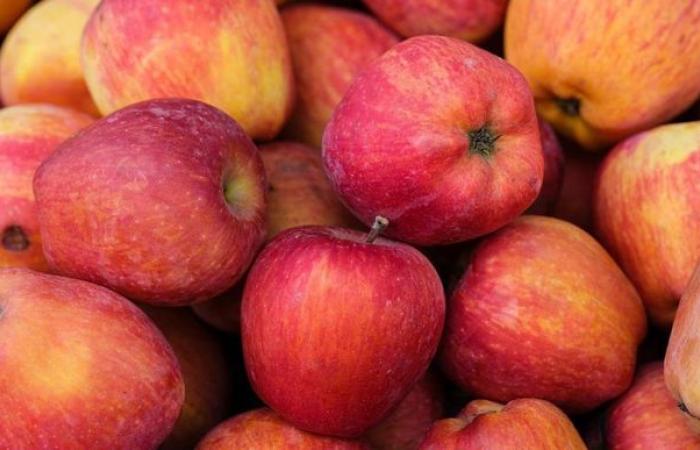“We are witnessing a new campaign promoting unfounded fears,” estimates the French Association for Scientific Information (Afis) following the publication of the annual report by Générations futures on phytoresidues in non-organic fruits and vegetables.
No consideration of concentration
Thus, Afis denounces “misinformation” and “media hype” in a press release released on December 20, 2024.
She regrets:
- On the one hand that “the report focuses on the frequency of detection (how many samples exceed the detectability threshold) and not on the concentration (the actual dose to which the consumer is exposed, a real marker of a possible risk )”.
- On the other hand, organic foods were excluded from the study. “If they had been taken into account, the analysis would have revealed the presence of pesticide residues in many of them. Indeed, organic farming uses pesticides which, although presented as “natural”, are not necessarily free of risks. »
Fruits and vegetables of “excellent health quality”
“The campaign initiated by Générations futures takes place in a context of declining turnover in the organic industry since 2020,” underlines Afis, which recalls that Générations futures “declares that it is promoting organic agriculture » and “receives funding from companies in this sector (Biocoop, Bjorg, Léa Nature, Naturalia, Nutergia, etc.)”.
Afis denounces an “instrumentalization” of fears “for the purposes of promoting an economic sector”, while the organic and conventional sectors, which “correspond to different consumer expectations”, “both produce fruits and vegetables of excellent health quality”.
She recalls that the consumption of fruits and vegetables, whether organic or not, “is recommended by all health authorities. » According to the latest figures from the European Food Safety Authority (Efsa), 98.4% of fruits and vegetables sampled in Europe comply with regulations relating to phyto residues by being below the maximum residue limits (MRL). Afis indicates that these MRLs are “administrative values established so as to remain well below the toxicological thresholds (a factor of at least 100 in relation to the “no effect dose”, or DSE)”.
Afis explains that it is an association which “aims to promote science and defend its integrity against those who, for profit or ideological purposes, distort its results and attribute to it a meaning that it does not have. not or use his name to cover charlatanic companies. » She edits the journal “Science and pseudo-sciences”.






